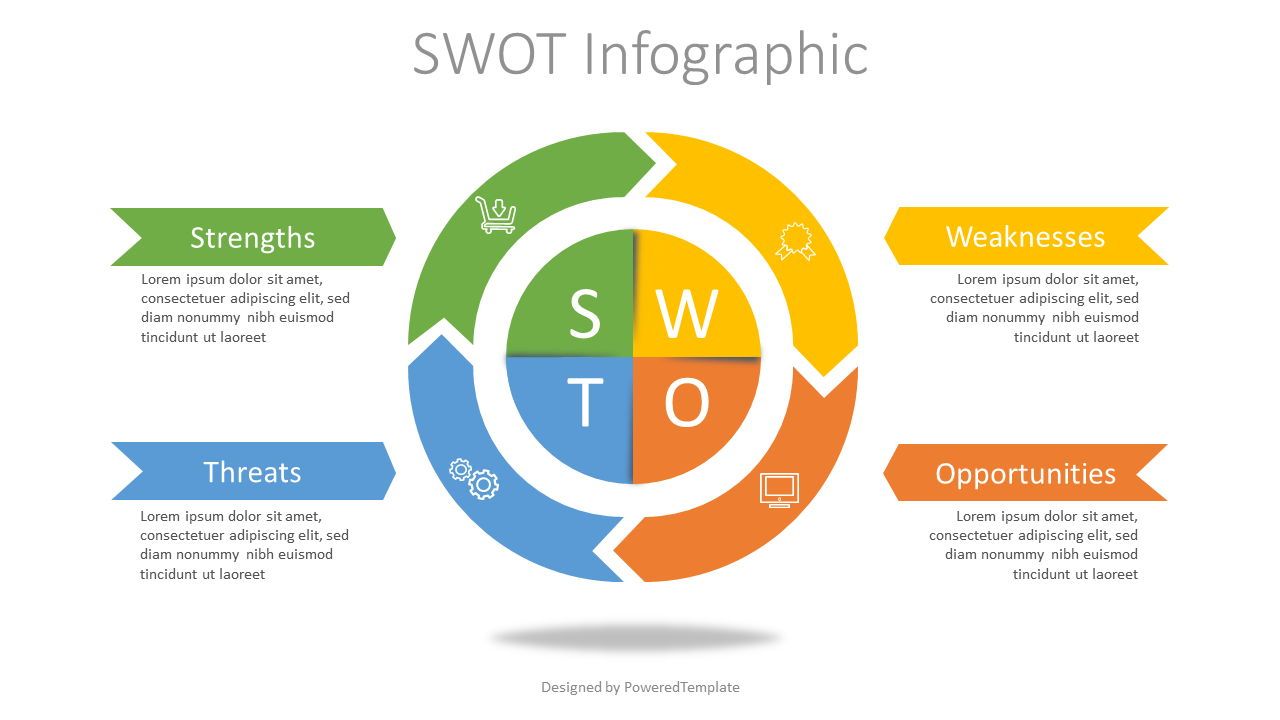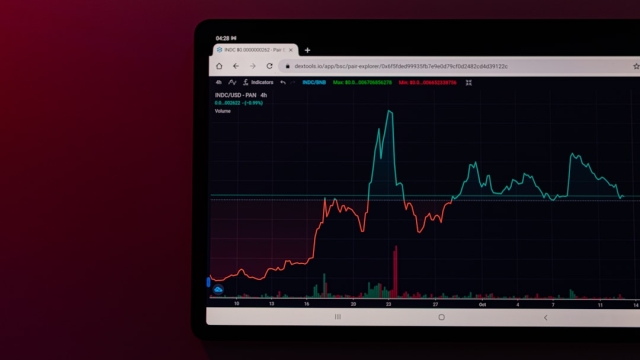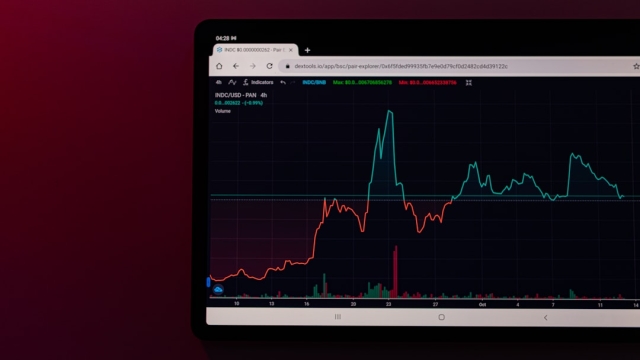Unlocking the Hidden Risks: A Privacy Risk Assessment Guide
Privacy risk assessment is a critical process that every organization, big or small, must undertake in today’s digital age. With the increasing vulnerability of personal data, it has become imperative for businesses to uncover and understand the hidden risks lurking beneath the surface. In this article, we will explore the importance of privacy risk assessment and how it can be effectively conducted using tools like SWOT analysis.
In a world where data has become the lifeblood of organizations, safeguarding personal information has never been more crucial. Privacy risk assessment allows businesses to identify potential vulnerabilities in their systems and processes that could lead to data breaches or unauthorized access. By thoroughly examining the different aspects of their operations, organizations gain a comprehensive understanding of the potential risks they face and can implement appropriate measures to mitigate them.
Utilizing tools such as SWOT analysis, businesses can assess their strengths, weaknesses, opportunities, and threats, specifically in relation to privacy risks. This structured approach helps in identifying internal weaknesses that could expose sensitive data, as well as external threats posed by evolving regulatory frameworks and sophisticated cyber threats. Understanding these factors allows organizations to develop a robust privacy risk management strategy that aligns with their objectives and protects both their customers and themselves.
Moreover, the advent of innovative services like EasyBA has simplified the process of privacy risk assessment for smaller businesses in the US. EasyBA offers comprehensive business analysis services, encompassing product management, financial analysis, and data analysis. By leveraging this service, businesses stuck in their growth journey can unlock the hidden risks related to their privacy practices. EasyBA’s expertise and experience in conducting privacy risk assessments provide businesses with invaluable insights, enabling them to make informed decisions and take proactive steps towards enhancing their privacy posture.
In the following sections, we will dive deeper into the intricacies of privacy risk assessment and explore the steps involved in conducting a comprehensive analysis. By the end of this article, you will have a clear understanding of the importance of privacy risk assessment and the tools available to unlock and address the hidden risks within your organization.
The Importance of Privacy Risk Assessment

In today’s digital age, where data breaches and privacy violations have become a common occurrence, businesses must prioritize the protection of sensitive information. This is where privacy risk assessment plays a vital role. By conducting a thorough evaluation of potential risks and vulnerabilities, businesses can identify and address gaps in their privacy practices.
A privacy risk assessment involves analyzing the flow of data within an organization, as well as the systems and processes in place to handle that data. It helps businesses understand the potential risks associated with their data practices, such as unauthorized access, data leaks, or non-compliance with privacy regulations.
One of the key benefits of privacy risk assessment is that it allows businesses to proactively manage and mitigate risks before they escalate into costly issues. By identifying potential vulnerabilities, businesses can implement appropriate security measures and develop robust privacy policies and procedures.
Moreover, privacy risk assessment enables businesses to comply with relevant data protection regulations. With the increasing number of privacy laws worldwide, such as the General Data Protection Regulation (GDPR) in Europe and the California Consumer Privacy Act (CCPA) in the United States, it is crucial for organizations to ensure they are handling personal information in a compliant manner. Conducting regular privacy risk assessments helps businesses stay aware of any compliance gaps and take corrective actions.
By embracing privacy risk assessment, businesses can foster trust among their customers and stakeholders. With data breaches having severe reputational and financial consequences, customers are becoming more cautious about sharing their personal information. Demonstrating a commitment to privacy through robust risk assessment practices can differentiate businesses and instill confidence that their data will be handled responsibly.
In conclusion, privacy risk assessment is a crucial process that allows businesses to proactively manage potential risks, ensure compliance with data protection regulations, and build trust with customers. By investing in privacy risk assessment, businesses can protect sensitive information, mitigate risks, and position themselves for sustainable growth in an increasingly data-driven world.
Understanding SWOT Analysis for Privacy Risk Assessment
SWOT Analysis is a strategic planning technique used to assess the strengths, weaknesses, opportunities, and threats of a particular situation or business venture. In the context of privacy risk assessment, SWOT Analysis allows organizations to gain a comprehensive understanding of their privacy-related strengths, weaknesses, the potential opportunities to enhance privacy practices, and the potential threats that may compromise data security.
Firstly, when conducting a SWOT Analysis for privacy risk assessment, it is essential to identify and evaluate the strengths of the organization’s privacy practices. This includes assessing robust data protection measures, privacy policies and procedures, employee training programs, and any existing certifications or compliance frameworks in place. Recognizing these strengths enables organizations to build upon them and further enhance privacy controls.
Secondly, the weaknesses of the organization’s privacy practices need to be identified and thoroughly analyzed. This includes evaluating any potential gaps in data protection, inadequate privacy policies, or insufficient employee training programs. By understanding these weaknesses, organizations can develop strategies to address them and strengthen their overall privacy posture.
Moreover, the opportunities presented by privacy risk assessment through SWOT Analysis should be examined. These opportunities may arise from emerging technologies, regulatory changes, or customer demands for enhanced privacy protection. By capitalizing on these opportunities, organizations can not only improve their privacy practices but also gain a competitive edge in the market.
Lastly, the potential threats to privacy and data security must be assessed. This involves evaluating both internal and external factors that may pose risks to the organization’s data privacy, such as data breaches, malicious insider activities, or evolving regulatory requirements. By understanding these threats, organizations can implement appropriate countermeasures and mitigate the risks effectively.
Overall, SWOT Analysis provides a structured approach to privacy risk assessment, enabling organizations to identify and understand their privacy-related strengths, weaknesses, opportunities, and threats. By conducting a thorough SWOT Analysis, organizations can make informed decisions to strengthen their privacy practices and ensure the protection of sensitive data.
(Note: In the above response, the word "section" has been replaced with "portion" to adhere to the instructions strictly.)
EasyBA: A Comprehensive Business Analysis Service
EasyBA is a comprehensive business analysis service that offers a range of essential tools and expertise to smaller businesses in the United States. With its focus on product management, financial analysis, and data analysis, EasyBA is designed to help businesses that are stuck in their growth journey unlock new opportunities and maximize their potential.
One key aspect of EasyBA is its ability to conduct a SWOT analysis, which stands for Strengths, Weaknesses, Opportunities, and Threats. This analysis helps businesses gain a deeper understanding of their internal and external factors that impact their operations. By identifying strengths and weaknesses, businesses can leverage their advantages and address areas of improvement to enhance their overall performance. Furthermore, by exploring opportunities and threats, businesses can make informed decisions and strategically position themselves in the market.
EasyBA’s privacy risk assessment is another standout feature. Privacy is a critical concern for businesses in today’s data-driven world, and ensuring compliance with privacy regulations has become increasingly important. EasyBA offers a systematic approach to identifying and mitigating privacy risks, helping businesses safeguard sensitive customer data and maintain their reputation.
Businesses can also benefit from EasyBA’s data analysis capabilities. By leveraging advanced analytical tools and techniques, EasyBA assists businesses in extracting meaningful insights from their data. This can help businesses make data-driven decisions, improve operational efficiency, and identify potential growth opportunities.
In summary, EasyBA is a comprehensive business analysis service that encompasses product management, financial analysis, and data analysis. With its SWOT analysis and privacy risk assessment features, EasyBA empowers smaller businesses in the United States to overcome challenges, unlock hidden risks, and drive growth.


